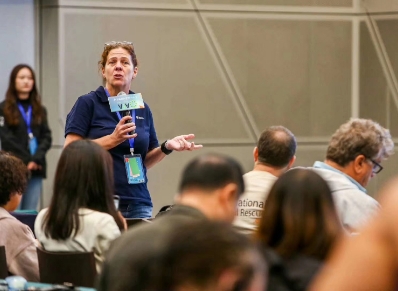Cats
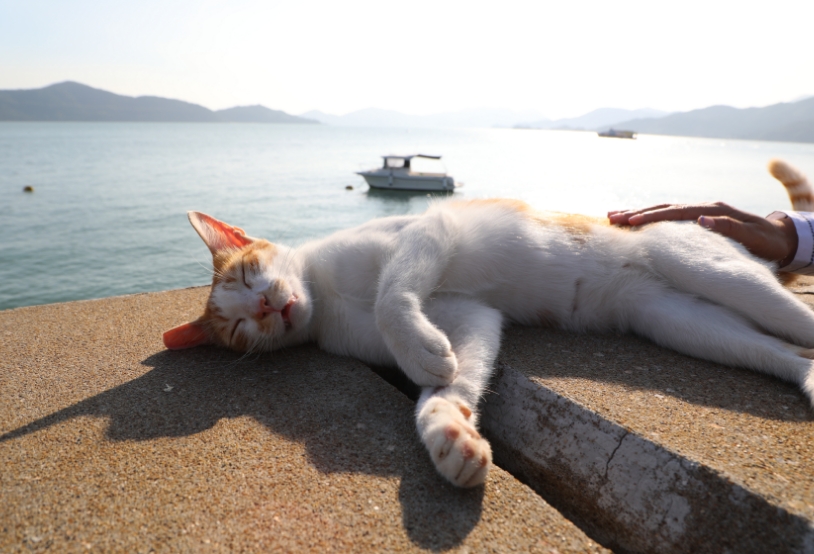
Thanks to our Cat Colony Care Programme (CCCP) and the increased number in desexed cats, the number of cats euthanised annually has dropped substantially in the last few years. However, many lovely cats still need homes.
They come to us from several sources: surrendered by owners, friendly street cats or kittens brought in by CCCP carers or rescued by inspectors and members of the public
Well adapted to indoor living and perceived to be lower maintenance than dogs, their needs should not be underestimated. Cats require daily care and interaction, and potential owners must consider their needs not just in the short-term but for the rest of their lives.
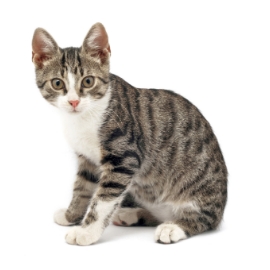
Cats can live up to 20 years of age so if you’re considering adopting a cat, you’ll need to think about whether you can dedicate yourself to your pet for the long-term.
You will also need to make sure that your family is fully supportive of the decision to adopt a cat because pets are often the first to go when there are major life events. For example, cats are often surrendered when there are pregnancies or newborns in the family even though tens of millions of people across the world successfully raise children alongside cats.
It is also worth considering allergies and whether your family is susceptible.
And finally you need to consider where you live. Some buildings do not allow residents to keep pets and you also need to make sure that if you live on the second floor or above, it is safe for your cat. Our inspectors are often called to rescue pet cats that have trapped themselves on window ledges and are unable to get back to their homes. Sadly, a number of cats die each year falling from heights.
Download our Cat Care Booklet
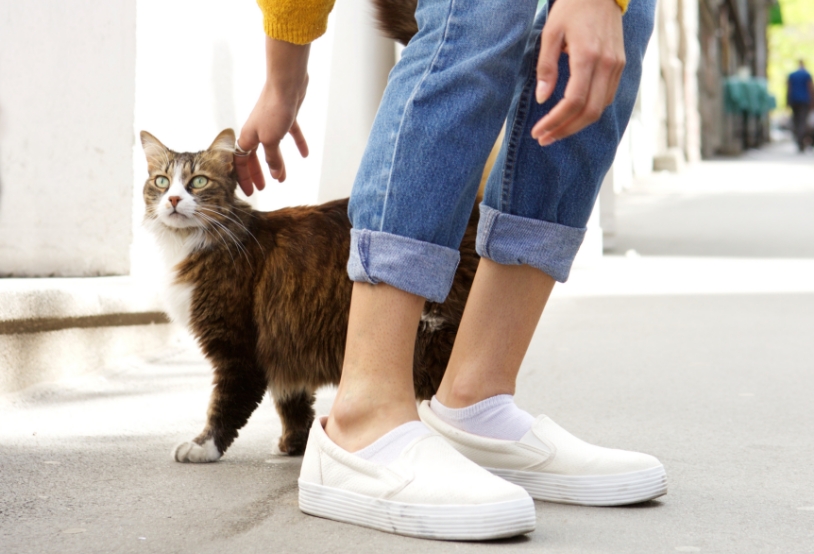
Cats tend not to have quite the same number of needs as a dog but still have a number of requirements to keep them healthy, safe and happy:

All animals have long-term needs. Cats are no different and their needs include:
- Desexing: cats should be desexed by six months of age. Un-desexed cats have particularly anti-social mating behaviours – yowling, marking territory with pungent urine – often resulting in complaints from family members as well as neighbours. They will also make attempts to escape to find mates. Many cat owners also surrender their pets to us when they get overwhelmed by the kittens of their un-desexed pets. Consult your vet and get your cat desexed as soon as possible.
- Vaccination: given the contagious nature of common cat diseases such as cat flu, cats should be vaccinated against Feline Viral Rhinotracheitis, Calicivirus and Panleukopenia (FVRCP) at eight weeks, 12 weeks and have a yearly booster vaccination. To find out more, please click here.
- Preventative health care: cats should also receive preventative health treatment, especially if they go outside. More information on preventing fleas, ticks and worms can be found here.
- Think long-term: Please bear in mind that as your cat ages, it could develop diseases that may entail high veterinary bills. This is particularly so if your pet is a pedigree; it may be prone to specific illnesses or conditions which might require long term veterinary care. Non-pedigree cats, with their stronger genetics, tend to be healthier long term.
Adult Cats
Many people think that adult cats are not as lovable or trainable as younger animals. For this reason, they often stay much longer in our Homing Centres than kittens. In reality, adult cats make excellent companions, simply because they are older, more mature and easier to manage. Many have already lived in a home and therefore are more socialised than a kitten. Most importantly, adult cats will love you just as much as a kitten!
Benefits of adopting an adult cat:
- It has reached full size
- An adult has a stable temperament
- Any health issues should be evident by adulthood
- It will not be as high energy as a kitten
- It will already be desexed so anti-social reproductive behaviours are already reduced or eliminated.
This makes adult cats particularly suitable for first time pet owners and adopters who are looking for a calmer, more stable companion.
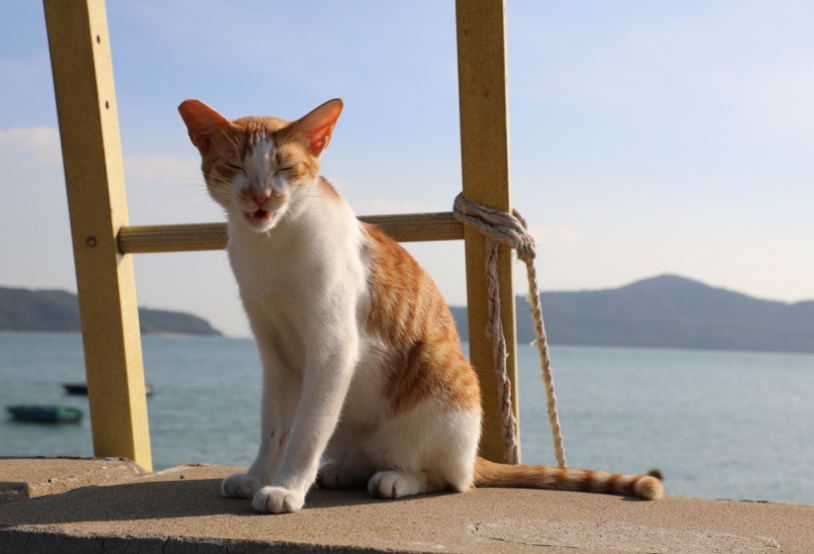
Kittens
Kittens are usually re-homed at the SPCA after they reach eight weeks and have received their first vaccination. Some may have graduated from our foster parent programme but regardless, the ideal adopter for a kitten is someone who:
- Has had experience raising kittens
- Will not leave the animal alone for many hours in a day – close supervision at this stage is very important. Young animals need to be fed often and observed closely for illness, lack of appetite and mischief!
- Is patient and prepared for “accidents”. This is part of every young animals’ learning process – humans included. This may include pooing and peeing in the wrong places
- Will provide a safe environment: young animals are very playful and can get into everything and anything. A safe environment is therefore very important. Other “accidents” (such as furniture scratching) may happen when they explore their new world by playing and climbing
- Will get their pet desexed.
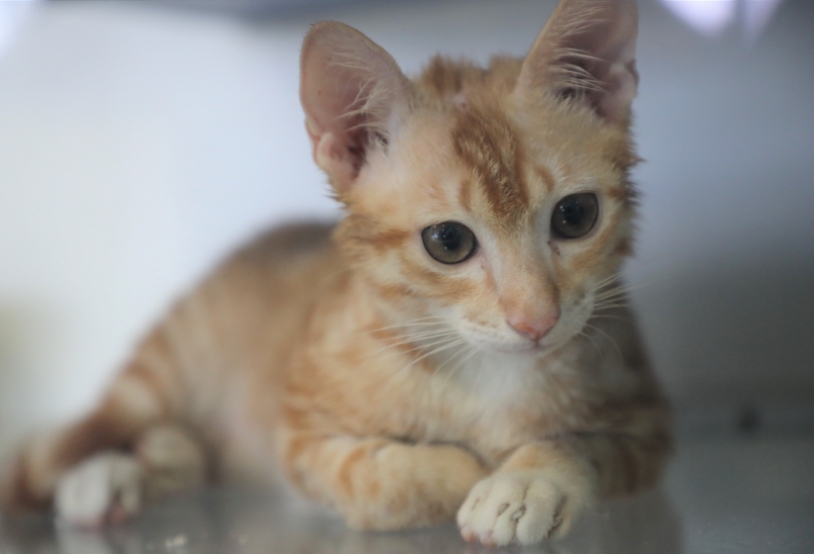
“Special needs” cats may have health or behavioural tendencies that require extra attention but still deserve to be in a loving home. Please let our homing staff know if you are interested in meeting some of these special pets and our veterinarians and trainers will be able to explain their needs and requirements.
A special needs cat might be one that shows behavioural differences. Shy cats, for example, will need help to socialise while hyperactive animals will need a high-energy owner.
Some special needs cats have health needs because they are recovering from recent surgery or other medical procedures while others might have long-term health issues that could be related to their breed or past injuries.
Whatever their needs, these cats make wonderful pets!
Our objective is to help as many animals as possible, and in order to do that we aim to find homes for animals within two weeks of them arriving with us. Any animal that remains with us for longer than two months is considered to be a long stayer.
Most of our long stay cats come to us already fully grown. They may have been surrendered by their owners, or friendly cats rescued from the streets by our Inspectors or members of the public or Cat Colony Care Programme volunteers.
We do our very best to keep our cats in the best possible conditions while they wait for new homes but, however good our kennels, they are never the best environment. For example, at night our staff go home, leaving them alone until the next morning; far from ideal. Cats need to be in a loving home and SPCA is committed to finding our cats the loving homes they so deserve.
If you are looking for an adult cat, do ask about our long stay pets; your adoption will mean the world to them.








